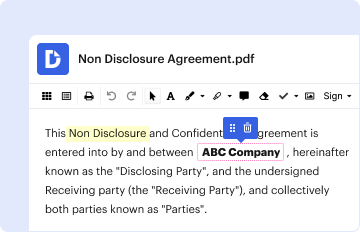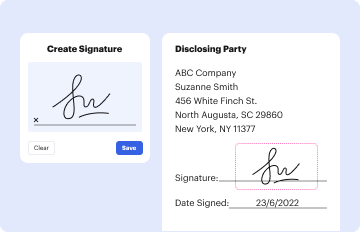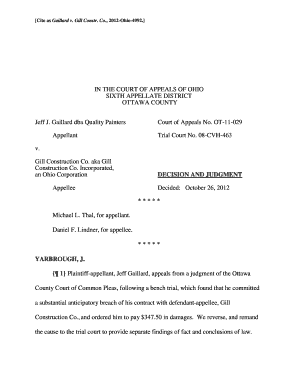Understanding the CT Mediation Information Form
The CT Mediation Information Form is a vital document for homeowners facing foreclosure in Connecticut. It serves as a critical component of the state's Foreclosure Mediation Program, designed to facilitate discussions between homeowners and lenders to prevent foreclosure or allow it to proceed in a structured manner. This form is a cornerstone of the mediation process, ensuring that both parties have a clear and mutual understanding of the proceedings, which is crucial for a fair and efficient resolution.
Use of the CT Mediation Information
To utilize the CT Mediation Information Form effectively, homeowners must complete the document with accuracy and thoroughness. The form is typically required during the initial stages of mediation and provides mediators with essential insights into the homeowner's circumstances and intentions. Homeowners should include all relevant financial information and any proposals for restructuring their mortgage. This data forms the basis of discussions during mediation sessions, allowing both parties to explore viable solutions to the foreclosure situation.
Obtaining the CT Mediation Information Form
Homeowners can acquire the CT Mediation Information Form through several channels. It is often provided by the court once a foreclosure notice has been issued. The form can also be downloaded from official Connecticut judiciary websites. Additionally, legal aid organizations and housing counselors may offer guidance and copies of the form, ensuring homeowners have everything needed to prepare for mediation. Ensuring the form is filled out accurately is crucial, as any omissions or errors could delay the mediation process.
Steps to Complete the CT Mediation Information
- Gather Necessary Documentation: Before filling out the form, ensure all relevant financial documents, such as pay stubs, tax returns, and mortgage statements are on hand.
- Fill Out Personal Information: Include the homeowner's name, address, and contact details as required.
- Detail Financial Situation: Provide comprehensive information about income sources, household expenses, and any outstanding debts.
- Propose Mediation Outcomes: Clearly articulate what the homeowner hopes to achieve through mediation, whether it's a loan modification or establishing a payment plan.
- Review and Edit: Double-check all entries for accuracy and completeness. Errors can lead to miscommunication and potential delays in the mediation process.
- Submit the Form: Deliver the completed form to the designated court representative or upload it to the appropriate online portal, if available.
Key Elements of the CT Mediation Information
The CT Mediation Information Form encompasses several key elements critical to the mediation process:
- Homeowner Identification: Full name and contact information for transparency and communication purposes.
- Financial Details: Detailed accounts of income, expenses, and other financial obligations.
- Mediation Goals: Specific outcomes the homeowner would like to negotiate, such as reduced interest rates or payment deferrals.
- Good Faith Undertaking: A commitment to actively participate in the mediation process, seeking a resolution that serves both parties' interests.
Legal Use of the CT Mediation Information
The legal framework surrounding the CT Mediation Information Form emphasizes the importance of accurate and honest disclosure. The form is integral within the Connecticut judicial system and is utilized during official mediation sessions. Honest representation of financial situations is required, as misleading information could result in legal repercussions, including dismissal from the mediation program or unfavorable legal judgments.
State-Specific Rules for CT Mediation
Connecticut's mediation program is governed by state-specific rules ensuring that the process remains structured and beneficial to agreeing parties. These rules mandate a neutral third-party mediator who facilitates discussions, helping both sides explore all possible resolutions. Confidentiality is paramount, protecting the exchange of information and fostering trust between parties.
Examples of Using the CT Mediation Information
Real-world examples highlight the form's practical use. Consider a homeowner unable to meet mortgage payments due to unexpected medical expenses. Through the CT Mediation Information Form, they might outline these difficulties and propose a temporary adjustment to their payment schedule. By engaging with a mediator, both parties can negotiate terms that prevent foreclosure, such as temporarily reduced payments until the homeowner's financial situation stabilizes.
Required Documents for CT Mediation Information
When completing the CT Mediation Information Form, homeowners must also prepare to include or bring related documentation:
- Proof of Income: Pay stubs, unemployment benefits, or social security statements.
- Expense List: A detailed listing of monthly expenses including utilities, insurance, and food costs.
- Debt Information: Documentation of outstanding debts like credit card balances or medical bills.
- Bank Statements: Recent statements from checking and savings accounts for accurate financial representation.
Adhering to these guidelines ensures that the mediation process proceeds with clarity and effectiveness, contributing to the possibility of a favorable outcome for all involved parties.












